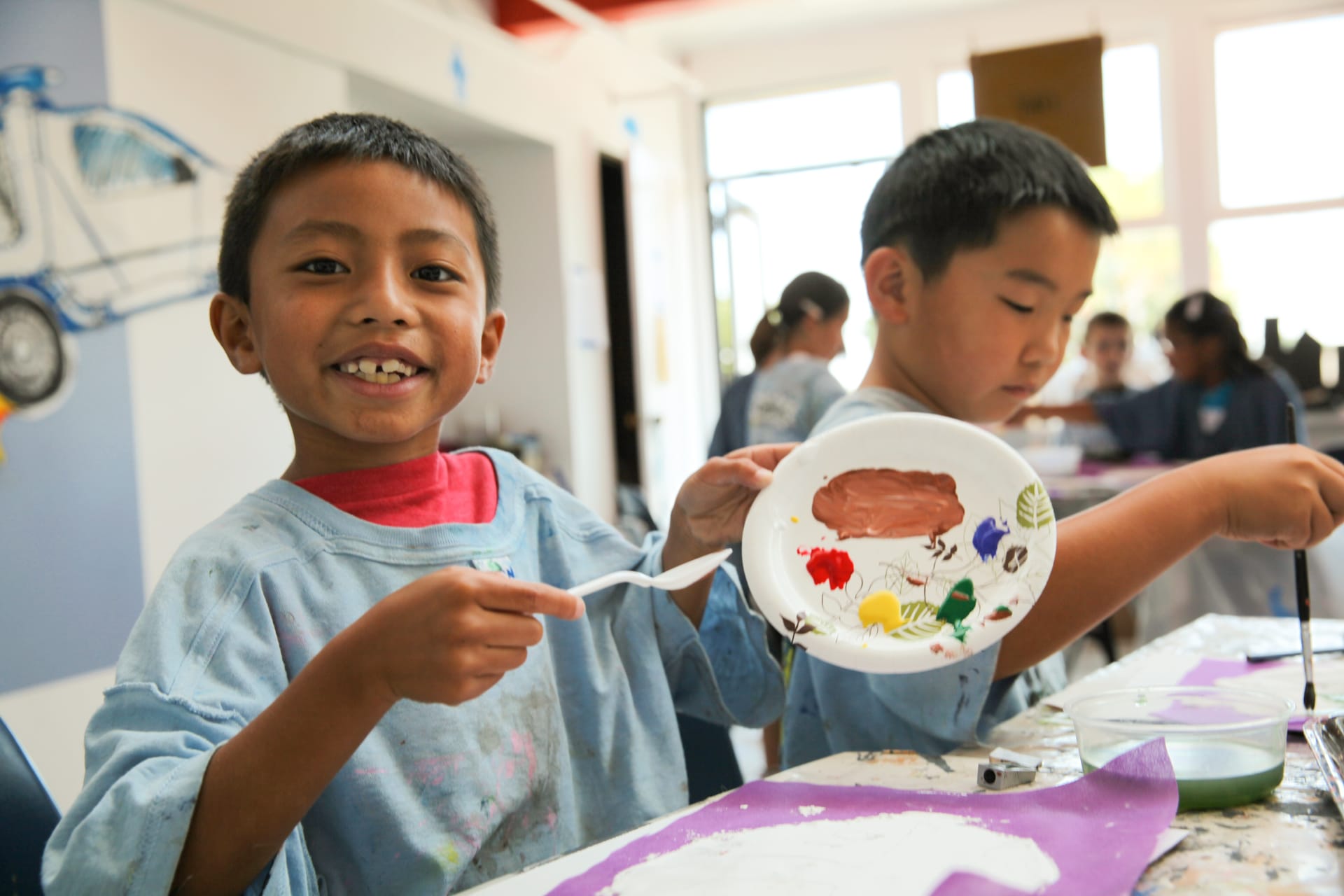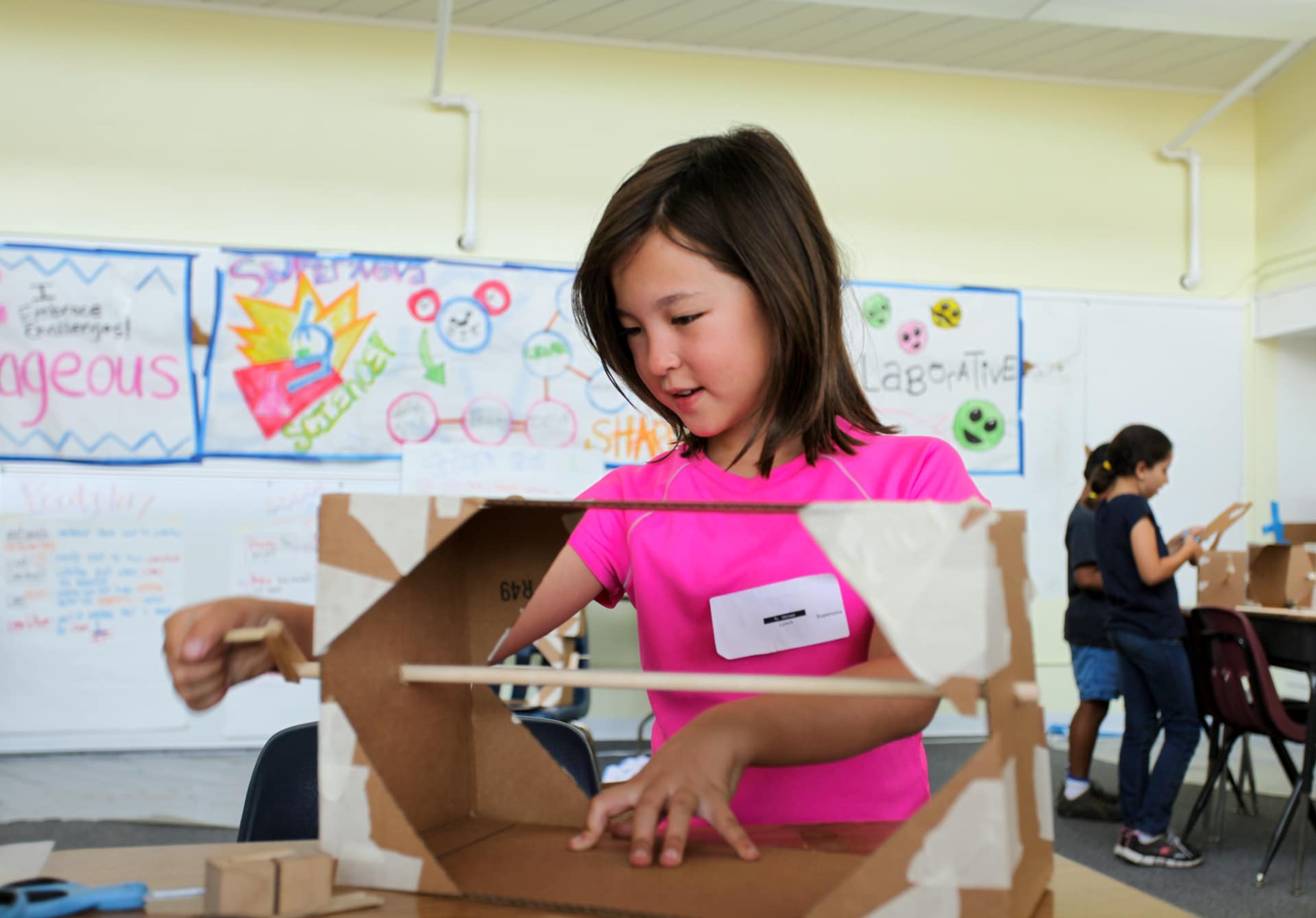3 Ways To Build Up Resilient Kids Who Are Prepared For Everything Life Throws At Them

A number of years ago, you found yourself responsible for keeping one or more children alive. Now that your kids can communicate their likes and dislikes, at times there’s a drama of Shakespearean proportions. Your little one may act like it’s the end of the world if they don’t get their favorite brand of cereal for breakfast, and you’re convinced they could win an Oscar for “Best Tantrum Of The Year.”
In the face of these mini-tragedies, the only thing you can do is provide your child with the tools to overcome challenging moments. Developing resiliency in your children will help them understand that failure, disappointment, and rejection are part of life and that there’s always a way to overcome setbacks.
#1: Demonstrate Emotional Resilience
The behavior you model serves as a blueprint for your child’s own behavior. Kids keenly observe the way you respond to obstacles, and those observations inform how your kids will react to similar situations in the future. For starters: when you make a mistake, be honest and own up to it, then show your kid how you’re working to fix it.
Katherine Reynolds Lewis, author of The Good News About Bad Behavior, suggests that outbursts from children are natural and should be dealt with as such. Your child is not an outlier. Adults experience anger, fear, dejection, and a whole host of other emotions. Why should it be any different for children? Young kids are still learning how to label and process their emotions. When parents react poorly to the expression of these emotions instead of remaining even-keeled, they don’t exemplify resilience.
Lewis also discovered that parents and children frequently synchronize their heart and respiratory rates. Consequently, there’s a direct link between your composure and the composure of your child. So when you feel a situation escalating, take a breath, exercise your poker face, and don’t raise your voice.
Emoting is really important. Without expressing our feelings, we run the risk of taking pent-up feelings out on others. That’s the real-world equivalent of being an Obscurus from the Potterverse. And of course, when all else fails, remember that emotions are like the weather—they’re temporary. Just like the wildest storms, this too shall pass.

#2: Teach Your Kids How To Deal With Being Told “No”
Boundaries are essential for raising emotionally healthy children, but being firm about rules can often prove to be a challenge. Parents need to verbally acknowledge what is upsetting a child and empathize with them without caving in to their requests.
Easier said than done, we know. You might try dishing out your must-have limits with a side of hugs, or encouraging your child to fetch their calm down kit made up of objects and activities they like and can use to self-soothe. Developing healthy coping skills is important throughout life.
Additionally, children need to be able to accept when they’re not selected for teams or when another child doesn’t like them for some arbitrary reason. They can do this if parents explain that they have options and that life can be unfair at times. Move your kids away from playing the blame game when they fail or have an existential crisis when they’re not good at something.

#3: Come To The Rescue Only When Necessary
Obviously, parents should intervene if harm could come to their children, but there’s a difference between dangerous situations and demanding ones. Kids will struggle to become independent adults if they always have someone swooping in to save them from difficult moments. Hard work is hard.
Take a step back and let your child figure things out. You might be surprised by the inner strength they can muster. When they’ve exhausted all their options, turn their efforts into a teachable moment. Engage them in a discussion—not a lecture—about what happened and what they might try differently next time.
—
At Galileo, helping our campers develop resiliency is at the core of what we do. Our art, science, and outdoor summer camps are all about having as much fun as humanly possible while overcoming challenges along the way. To learn more about our camps in your area, click the button below to find a location near you. ????

